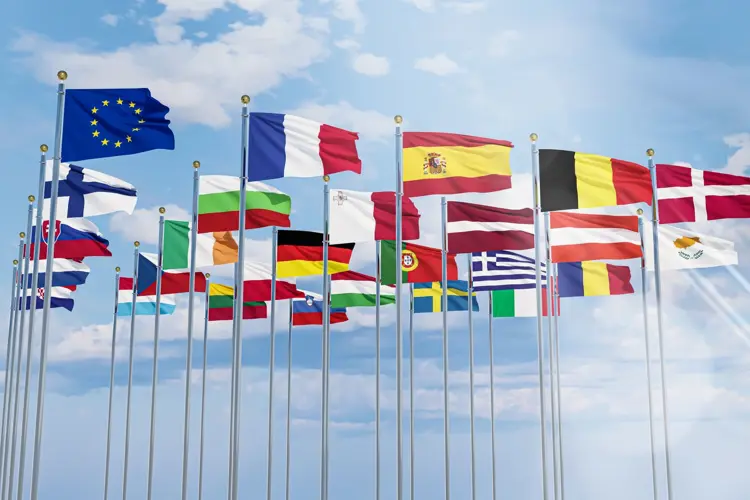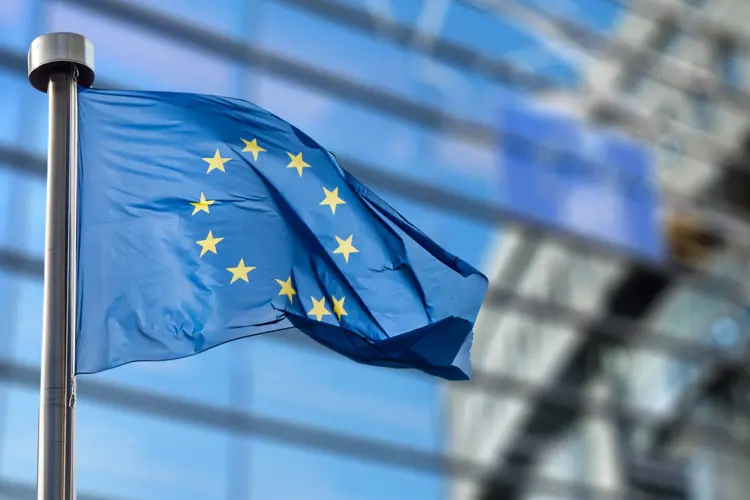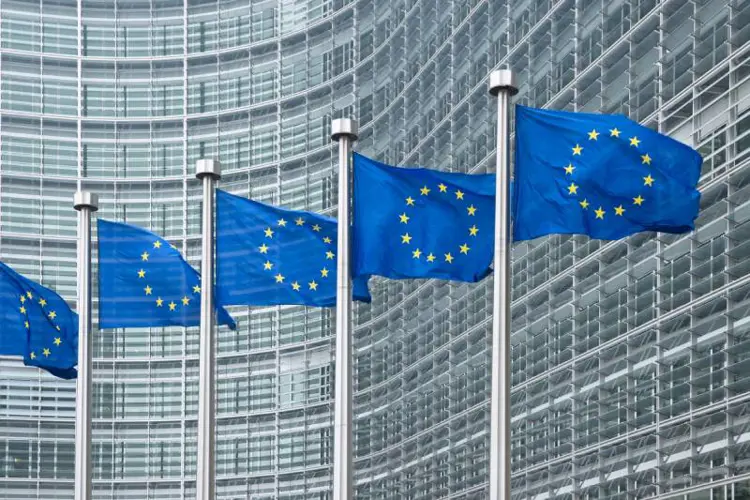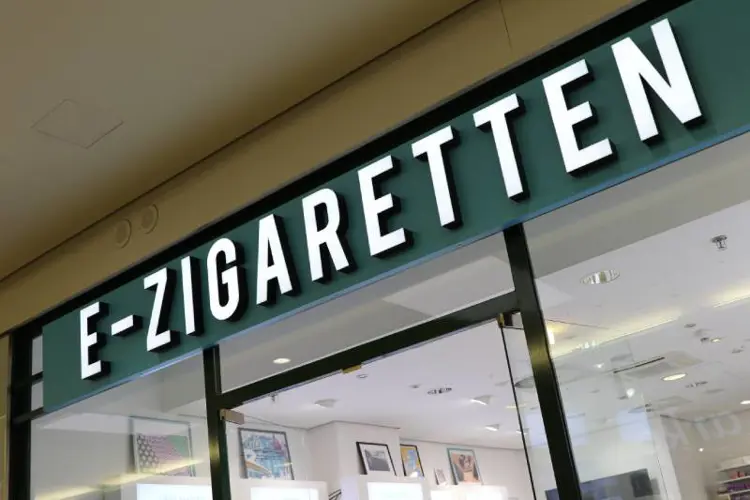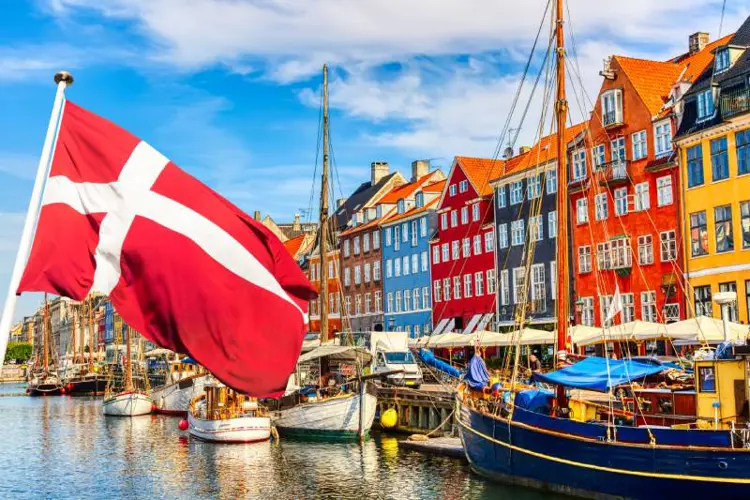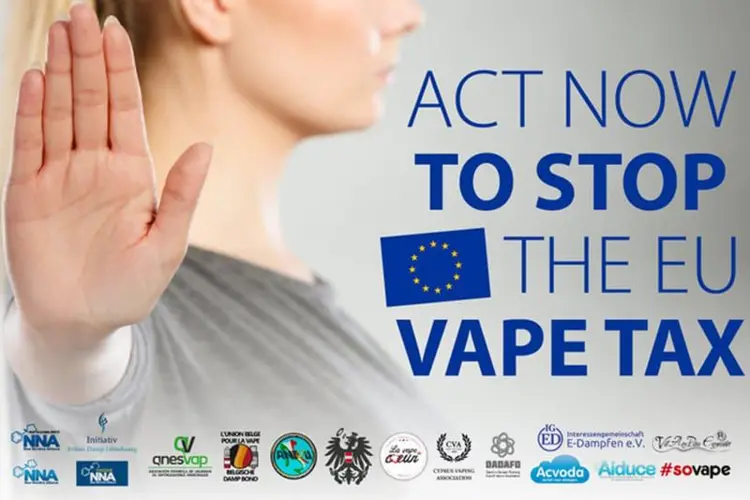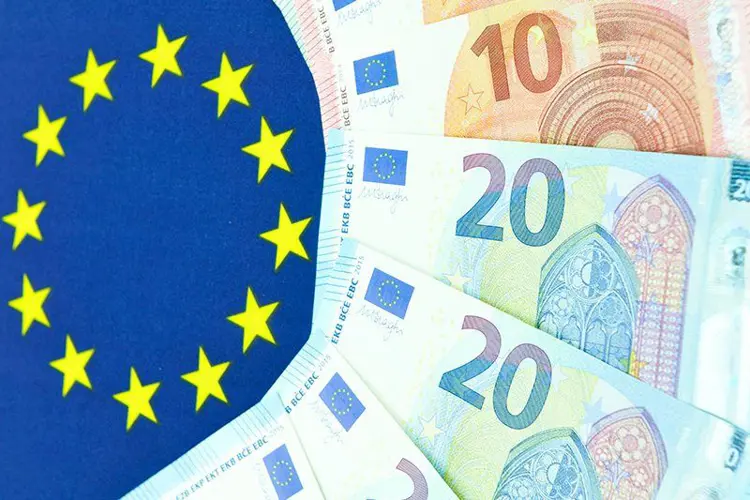German vapers will pay more for e-liquid beginning next year after legislators approved a tax that will apply to both nicotine-containing and nicotine-free e-juice. The Tobacco Tax Modernization Act passed the Bundestag (the lower house of parliament) June 11, and was approved by the Bundesrat (the upper house, or “federal council”) on June 25.
The government will collect €0.16 ($0.19 U.S.) per milliliter beginning July 1, 2022. The tax will then increase in steps until 2026, when it tops out at €0.32/mL. For a 10 mL bottle of e-liquid (the legal maximum size under current TPD rules) that costs €5.00, that's a price increase of about 30 percent in 2022, rising to 60 percent four years later.
Because the tax also covers zero-nicotine products, vape retailers will not be able to avoid the tax by selling separate nicotine-free shortfills and nicotine shots. The tax is expected to drive many vape shops out of business, and increase online sales from retailers outside the country and German black market sales.
Germany has a population of over 83 million, and is home to a large and well-established community of “steamers” (vaping translates to the German word dampfen: steam). The country has two established vape consumer organizations, and as of 2019 had more than 1,500 vape shops.
Germany also has a lot of smokers. More than 22 percent of Germans over age 15 smoke cigarettes. The German tobacco tax bill also increases cigarettes taxes, and will tax heated tobacco products (HTPs) like IQOS for the first time—at a rate similar to combustible cigarettes.
Among major European countries, the highest vape tax is currently €0.30/mL—the rate in both Finland and Portugal. Denmark’s tax, which takes effect next year, is equivalent to about €0.27/mL. Tiny Montenegro (population 620,000) boasts the highest European e-liquid tax—a whopping €0.90/mL.
The European Union is in the process of reassessing its harmonized tobacco tax framework, called the Tobacco Excise Directive, or TED. The European Commission could set a minimum tax rate for vapor products that would have to be adopted by all 27 EU member countries (the harmonized tax rate would be a floor; individual countries could choose to impose a higher tax than the EU-mandated minimum).
It may be a bad sign that Germany—the richest and most populous EU country—has imposed an excessive vape tax while TED negotiations are in progress. Powerful Germany could push for a minimum EU-wide vape tax that would make it unattractive for German vapers to order products from other countries with lower taxes.
Health authorities in Spain are also pushing for an e-liquid tax.
The Freemax REXA PRO and REXA SMART are highly advanced pod vapes, offering seemingly endless features, beautiful touchscreens, and new DUOMAX pods.
The OXVA XLIM Pro 2 DNA is powered by a custom-made Evolv DNA chipset, offering a Replay function and dry hit protection. Read our review to find out more.
The SKE Bar is a 2 mL replaceable pod vape with a 500 mAh battery, a 1.2-ohm mesh coil, and 35 flavors to choose from in 2% nicotine.
Because of declining cigarette sales, state governments in the U.S. and countries around the world are looking to vapor products as a new source of tax revenue.
The legal age to buy e-cigarettes and other vaping products varies around the world. The United States recently changed the legal minimum sales age to 21.
A list of vaping product flavor bans and online sales bans in the United States, and sales and possession bans in other countries.







